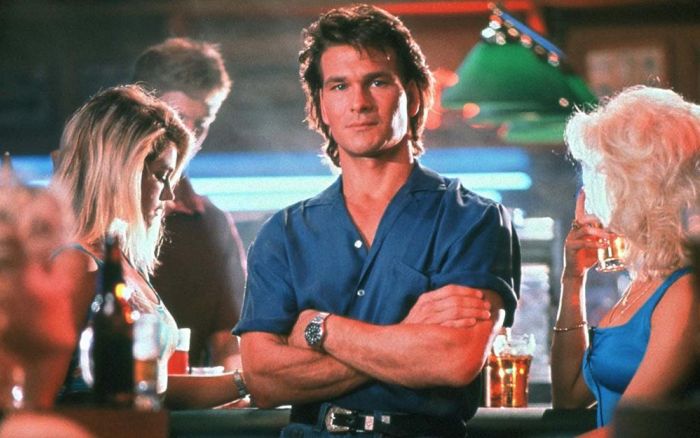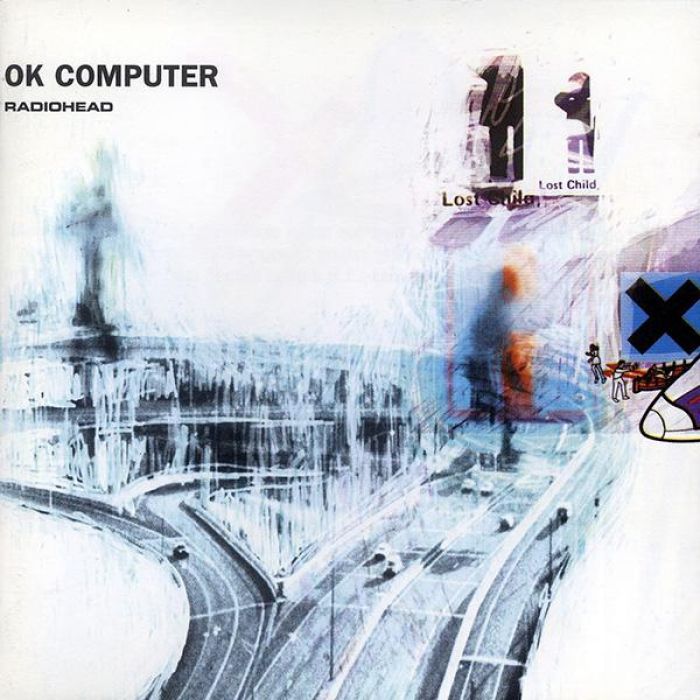Reading: Christ and Pop Culture, Faith & Family Films, Perd Hapley, Kendrick Lamar, Martial Arts Comedy, and More

Christ and Pop Culture’s editor-in-chief Richard Clark is stepping down to take on an exciting new role at Leadership Journal. Which means that Christ and Pop Culture is undergoing some pretty big changes. And we need your help with them. “We are very close to meeting this goal that will allow us to devote some of the time we need to write insightful and discerning articles, to edit and cultivate our writers, and to be a winsome and honest voice in our culture. Without financial support, it is difficult for us to justify to our families the resources we pour into the site.”
Alissa Wilkinson considers “faith-based films” and what people get wrong about “religious” cinema. “I watched the ‘year of the Bible film’ happen from the inside, as the chief film critic at one of the oldest and most widely read evangelical publications in the world, Christianity Today. I’ve come to realize there is both widespread category confusion in the industry about what constitutes a faith-based audience and ignorance about a burgeoning religious movement in independent cinema — something that was especially apparent earlier this year at the Sundance Film Festival.”

College is usually considered a place where you learn to become an adult, and part of that involves having your ideas, beliefs, and preconceived notions challenged. Only, to hear Judith Shulevitz tell it, that’s not so much the case these days. “Safe spaces are an expression of the conviction, increasingly prevalent among college students, that their schools should keep them from being ‘bombarded’ by discomfiting or distressing viewpoints. Think of the safe space as the live-action version of the better-known trigger warning, a notice put on top of a syllabus or an assigned reading to alert students to the presence of potentially disturbing material.”
On a related note, here’s a list of eight things you may not have realized other people find offensive. Items on the list include Minecraft, breakfast cereals, and, um, clapping. (There’s gotta be a Portlandia sketch in there somewhere.)

While we’re on the topic of safe spaces, trigger warnings, etc., I want to share again this excellent article by Valerie Dunham on the need for thoughtful communication. “It is not always possible to communicate something valuable without offending another. When disagreement gives way to dialogue, society benefits; when a sterile environment is violated for the sake of progress, the violation is worthwhile. The birth of societal growth is not without labor pains; the cost of diversity is the risk of being offended. I would not trade these things for political correctness. However, there is a fine line between knowing it’s impossible to keep everyone comfortable and casting away sensitivity as a frivolous tool.”
Mike Duran considers why evangelical fiction readers tolerate violence but not profanity. “If you’re an author aiming for the Christian market, it is far easier to write about one character shooting another than cussing them out. Rather a quart of blood than a cup of expletives. Just peruse the Christian fiction section of your favorite bookseller and you will find your share of serial killers, hit men, assassins, abusers, and wannabe anti-christs plying their trades. But I dare you to find one character who ever says ‘shit.’ ”

The A.V. Club is always full of interesting nuggets of pop culture wisdom. Like this list of 11 tips for surviving a movie bar fight. “Sometimes, smashing a sugar glass bottle over the other fella’s head just won’t do; for those special cases, The A.V. Club has compiled a handy guide of field-tested, completely practical tips and techniques for surviving or averting fictional booze-induced bruisings.”
One of the more interesting side characters in Parks and Recreation was ultra-literal newscaster Perd Hapley. Interesting bit of trivia: The actor who played Hapley, Jay Jackson, was actually a newscaster for 22 years and got his break due to running a school to teach people how to become reporters.

Kendrick Lamar’s recently released To Pimp a Butterfly, and its incendiary single “The Blacker The Berry,” are dense, challenging works. So I appreciate it when someone like Bradford William Davis tackle Lamar’s music. “ ‘Berry’ is uniquely terrifying: not in an Odd Future-esque shock rap sense but because Kendrick expertly paces his lyrics towards a sobering end. It also chills beyond mere artistry and its twist. It’s chilling because he reflects how young black American men must feel if they are to ever grapple with their dissonant behavior and beliefs in a meaningful way. Like Kendrick, they love themselves except when they don’t.”
It’s not surprising that Apple is planning to launch their own streaming music service. It’s surprising that it took them this long to do so. “The new music app will reportedly include many features that were included in the Beats Music streaming service including curated playlists. It’s also been reported that the name ‘Beats Music’ will be scrapped. It’s expected for public release this year.”

Also not terribly surprising is the announcement that the Library of Congress is adding Radiohead’s OK Computer to the National Recording Registry. Other albums being added include Sly and the Family Stone’s Stand!, Steve Martin’s A Wild and Crazy Guy, Lauryn Hill’s The Miseducation of Lauryn Hill, Tennessee Ernie Ford’s Sixteen Tons, and Sesame Street: All-Time Platinum Favorites.
If you’re a fan of both martial arts action and slapstick humor, then you really need to check out the short films of stunt man and martial artist Eric Jacobus. The “Rope A Dope” series is as good a place to start, especially if you’ve ever wondered what Groundhog Day would’ve been like had it been directed by Jackie Chan, not Harold Ramis. (A question I know you’ve asked yourself many times.) Only two episodes have been released to date, and I’ve embedded both below.